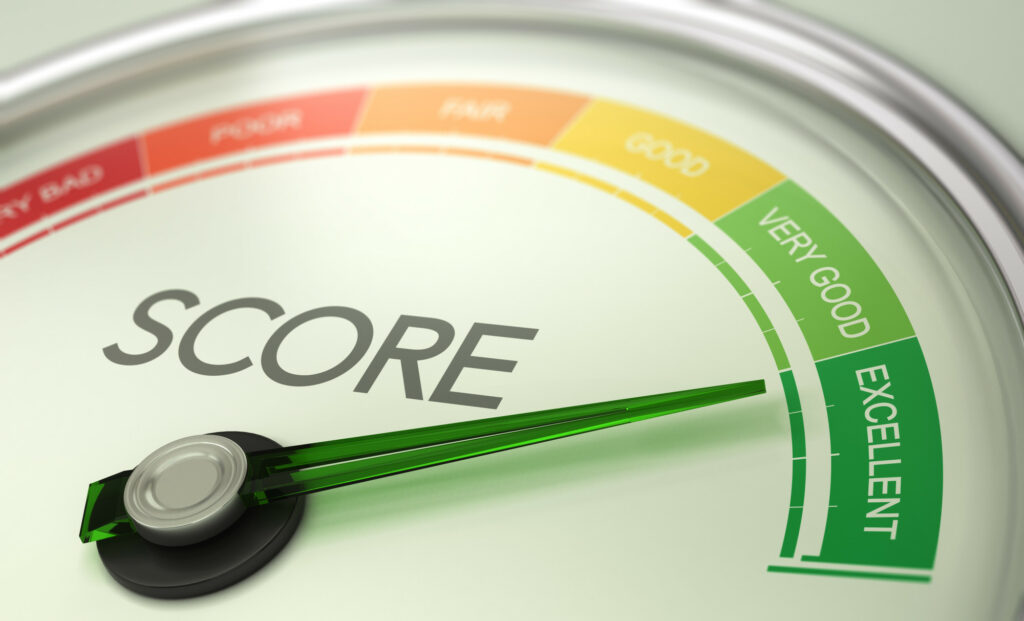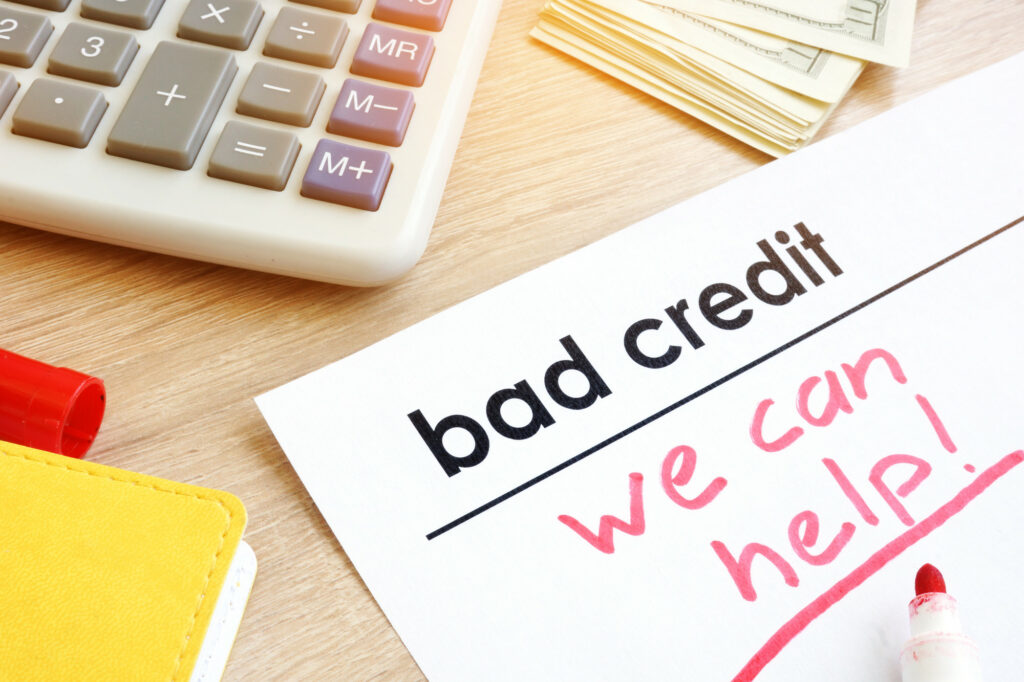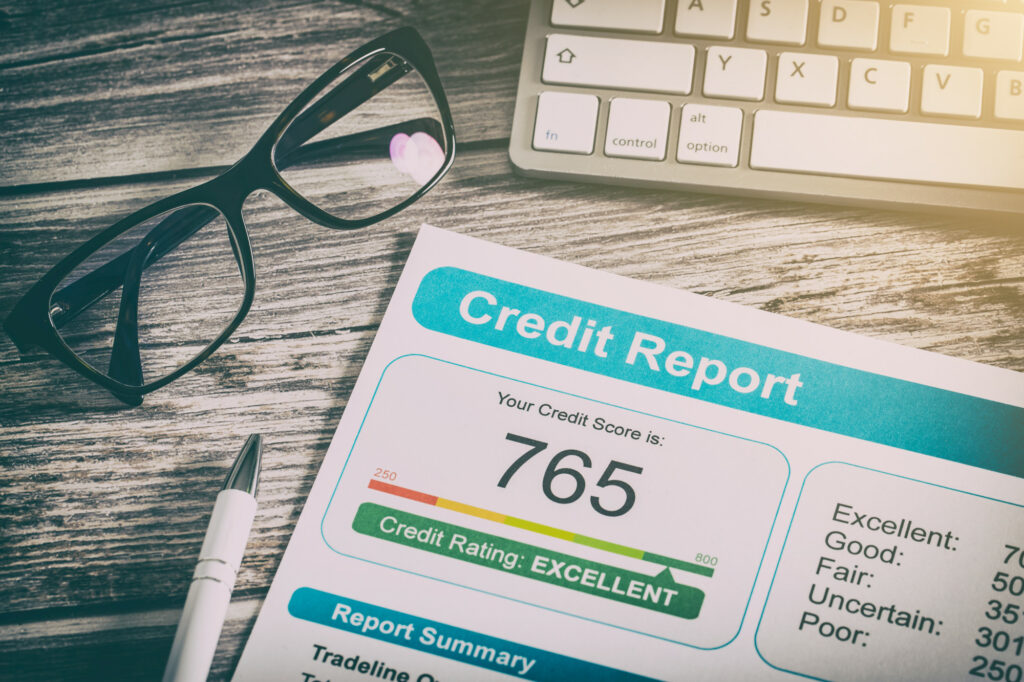- We can deposit up to $500 in your bank account today.
- compare rates from NZ best payday lenders
- apply in less tan than 5 min
Most Read in Debt Consolidation Loans
Debt Consolidation - A Guide
The concept of accumulating all forms of personal debt into one account.
For those struggling to manage their debt, immediate action should be taken to avoid possible, future financial ruin. One of the better ways to achieve this is through debt consolidation. This will enable you to combine multiple debt payments into one payment, possibly making it smaller while avoiding default and saving money. For a debt consolidation solution to be effective, the interest rate charged on it must be smaller than the median interest rate chargeable on your previous credit cards and loans.
Debt consolidation designed around your needs
For the best debt consolidation solution for you, as always shop around. An effective strategy is credit card that charges 0% interest. Once acquired, a transfer of all your current credit card balances onto this card will hopefully allow you some interest savings. However, the catch with this strategy is you will have to repay the consolidated debt in its entirety ahead of the cards 0% interest period elapses.
Another debt consolidation choice is home equity financing. You can merge all your outstanding unsecured loans onto your secured home loan, or apply for a second mortgage and pay off all your other debts using the funds availed from the new loan. In either scenario, since your home loan will be secured by your home, the interest rate will be lower, allowing for lower payments. Monthly, your payments will decrease, putting less pressure on the rest of your income. Be careful though, as this new arrangement may result in the loss of your home should you default on the payments.
How is debt consolidation achieved?
For those finding it hard to pay off their current debts, finding themselves taking on even more debt in a seemingly never ending cycle, professional help should be sought. A debt management specialist, well versed in finding solutions to debt cycles, such as a financial advisor or debt counsellor, would be the right kind of person. They would comb through your current financial status and recommend several debt repayment solutions which coincide with your spending and income. Hopefully by the end, you will have a clear path to a steady monthly budget and loan repayment strategy.
It is clear that should you be undergoing a debt cycle crisis, research for the best debt consolidation loan for your purposes as soon as possible. A credit check will be performed to ascertain your credit worthiness, therefore a great credit score is always a good thing to possess. They peruse your past debt related payments looking for consistency. Thereafter, they will go through your expenditure and income, making sure they are at acceptable levels, depending on various factors. Your application should also coincide with your own personal assessment of your finances, what kind of payments and debt levels you can bear. The importance of this is every rejected application weighs against your credit score, which makes you appear as a less than acceptable loan applicant.
There are loan options for those with less than adequate credit scores.
Step 1: Suitability Evaluation
The primary debt merging loan criteria is satisfactory disposable income. Any income that is left over following all your expenses are covered should be more than your monthly loan repayment installment. It goes without saying, the more money you have left over from paying all your financial responsibilities, the better. Another approval criteria is a clear credit record. For those with poor credit, the loan application rejection rate is higher. Your credit history does not need to be particularly perfect, but it has to show a history of honoring any financial obligations in a timely manner.
Step 2: Avoiding Errors
Closing costs will have to be settled if you choose to apply for a debt amalgamation loan. Usually, these are calculated as part of the loan’s total amount. These are paid when receiving the loan. It would be an expensive mistake to accept any other possibility. Some loan providers may offer alternatives such as an interest rate hike to cover closing costs or incorporate them into your loan amount, thereby increasing it.
It is best to avoid any loan that attaches terms and conditions that are unfavorable to you. It will make less sense for the new consolidated loan to be more difficult to pay than your various previous loans. Negotiations between your lender and you will have to center on making the consolidated loan’s terms and conditions appropriate to your circumstances, and lenders are known to give considerations, where possible. The three key areas where you should focus your negotiations are easier repayment terms, lower monthly payments and lower interest charges.
Step 3: Acquiring Support
Effective and adequate preparations will have to be made ahead of making a debt consolidation loan application. You will have to determine your debt’s total amount, the amount you require to apply for and the strategy you will employ in debt repayment. For analysis and calculations, employ the services of a seasoned debt collector, if you cannot do it yourself.
The debt organization expert will assist you in formulating the best approach to tackling by consolidating your debt. The debt administration professional will aid in your plan preparations for debt repayment of the loan you are applying for, in order to steer you away from potential financial trouble. This should help in your desire to merge your various debt instruments into one that is manageable.
Debt consolidation summary
Two of the most frequent associated terms that you will find when researching debt consolidation are debt management and debt settlement.
- Debt management refers to the service a debt counsellor offers. They will be able to go through your entire financial situation and offer the best advice as to how to get out from under it.
- Debt settlement is a strategy whereby you negotiate with your lenders a lower repayment amount to the one you owe.
As we have seen, debt consolidation is a form of personal loan that is both unsecured and replaces any existing debts, for example other personal loan types and credit card debts. It is designed to lower monthly rates, circumvent elevated interest rates thereby aiding in your future plan to save and simplify payments. In essence, debt consolidation aims to have you pay for one loan consisting of one due date, one monthly payment and a single interest rate.
As features, the advantages to a debt consolidation loan are threefold:
Lowered interest rate – you can receive interest payment savings through the consolidation of multiple loan payments into one;
Monthly payments revised downwards – you will be able to track one debt instead of several;
Renegotiated due date – a single maturity date means you are tracking less due dates, lowering your risk of defaulting on any one.
Now on to the drawbacks of debt consolidation.
For example, a consolidated loan’s due date and agreed term. Monthly payments can be structured to be as low as possible, at the expense of a longer loan term. On the face of it, this may be appealing, but, you may end up paying for your loan longer than any of them were previously. This also means that your interest payments stretch out longer, which may be defeating the purpose of acquiring the consolidated loan in the first place.
Alternatively, you will have to accept higher repayment amounts if you desire a less lengthy loan term. This has the disadvantage of being dearer on your monthly budget. The upsides are less overall interest payments and you will be able to pay off your loan quicker.
Your debt is not reduced by consolidating it
Sadly, this is the truth. Your financial obligation will not be lowered at the onset of a debt consolidation loan. You may feel financially ‘liberated’ but the fact remains you will still have a debt to repay. The difference will be that this time it will be single payment, as opposed to several.
Your credit score should matter to you
Consolidating debts is relatively easy but the question you should ask yourself is, ‘I’m I a candidate for a debt consolidation loan?’
Remember, lenders keep track of borrowers’ payment frequencies and credit scores. Should a pattern of regular payments on outstanding debt clearly emerge, they would be more willing to extend any help they can to further make your repayments easier. Also, any negotiations on terms will be held with evidence of your being a diligent and responsible borrower.
Debt consolidation alternatives
Reflect whether debt consolidation is the strategy for you and your debt situation. It could very well be, though monthly payments and terms negotiations will be factors that will have to deliberated, when considered to other forms of consumer debt. To this end:
- Plan your loans’ repayment methods. Ideally, you would pay the loan that features the most elevated interest rate because you would realize higher interest payment savings. Alternatively, priority can be given to the loan featuring the earliest due date or the least outstanding balance.
- Eliminate harmful financial habits. These include frivolous spending and unbudgeted purchases.
- Search for alternative sources of income to complement your main source.



